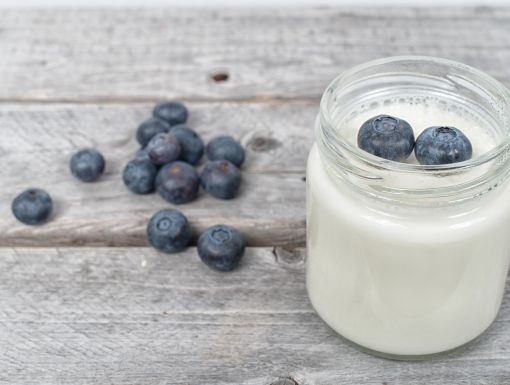
Gut Health 101: These Bugs Are Your Friends
Did you know that the bacteria that lives in your intestines play a vital role in not only your digestion, but also your overall health? And the more kinds of bugs, the better! Studies have shown that a low level of diversity of gut bacteria is implicated in the development not only of gut diseases like inflammatory bowel disease and, more commonly, irritable bowel syndrome, but also cardiovascular disease, Type 2 diabetes, obesity and even eczema and allergies.
What is the microbiome?
The microbiome refers to the collection of microorganisms that live inside our bodies: trillions of bacteria, fungi, parasites and viruses, most of them in our intestines. These microbes participate in digesting food, regulating our immune system and protecting us from disease. They are crucial in achieving hormonal and metabolic balance and mediating system interactions (i.e. the brain/gut axis). Some researchers consider the microbiome a “whole other organ.”
Does diet play a role in the health of our gut microbiome?
Yes, we know that diet influences the composition of the microbiome generally. However, different foods affect different people differently. There are multiple variables: the foods; the individuals; the microbial population itself. For example, eating broccoli might cause one type of bacteria to multiply in one person, while having virtually no effect in another.
There is not a lot of validated research supporting a diet of processed and fast foods. On the other hand, scores of studies have demonstrated the benefits of including leafy greens, lean protein and healthy fats in your diet. Additionally, fermented foods like kimchi, kombucha tea, sauerkraut, yogurt with live active cultures, sourdough bread and dark chocolate are considered “probiotic” foods and promote population of the gut with “good” bacteria. Work is ongoing to qualify the effects of diet on the microbial environment.
So is there a role for probiotic supplements?
Maybe. Maybe not. The idea is appealing, and the promise was big. Probiotics have demonstrated efficacy in certain diseases (for example: c. difficile, Traveler’s diarrhea, pouchitis). But the evidence for integrating probiotics into a healthy diet is scant. Because there are so many variables (different microbes, different people, different environments), we cannot say which probiotic is best for which individual. Moreover, probiotics are a medical food, not a medication, and as such, they are NOT regulated by the FDA. More research is needed to determine the best way to manipulate the microbiome.
To schedule an appointment with a gastroenterologist at Ochsner, call 1-866-624-7637



